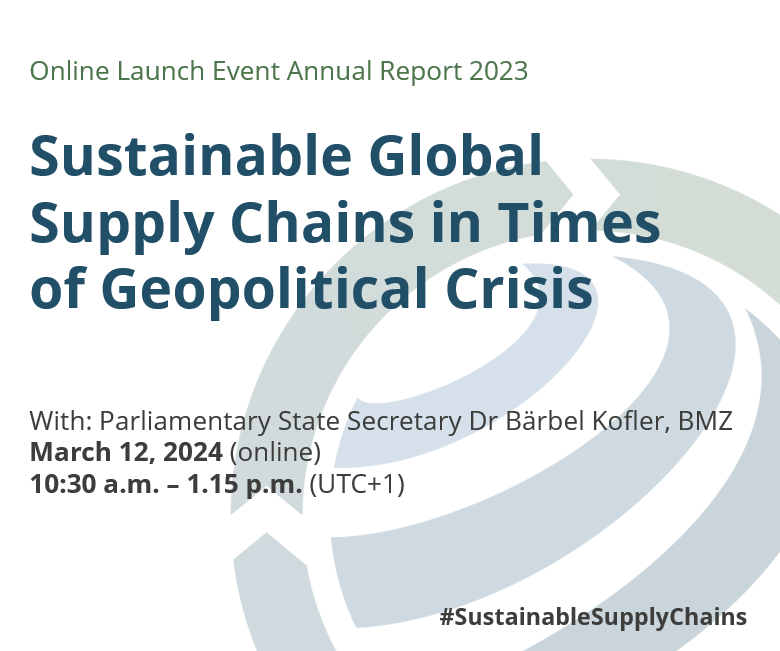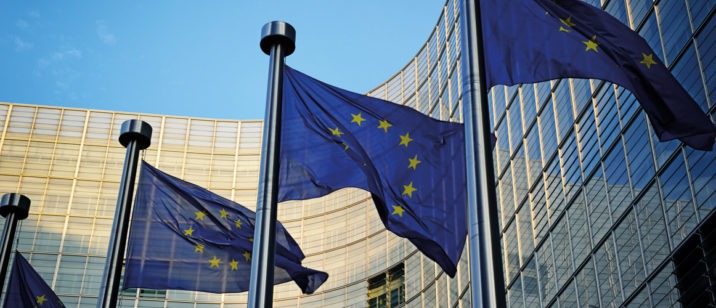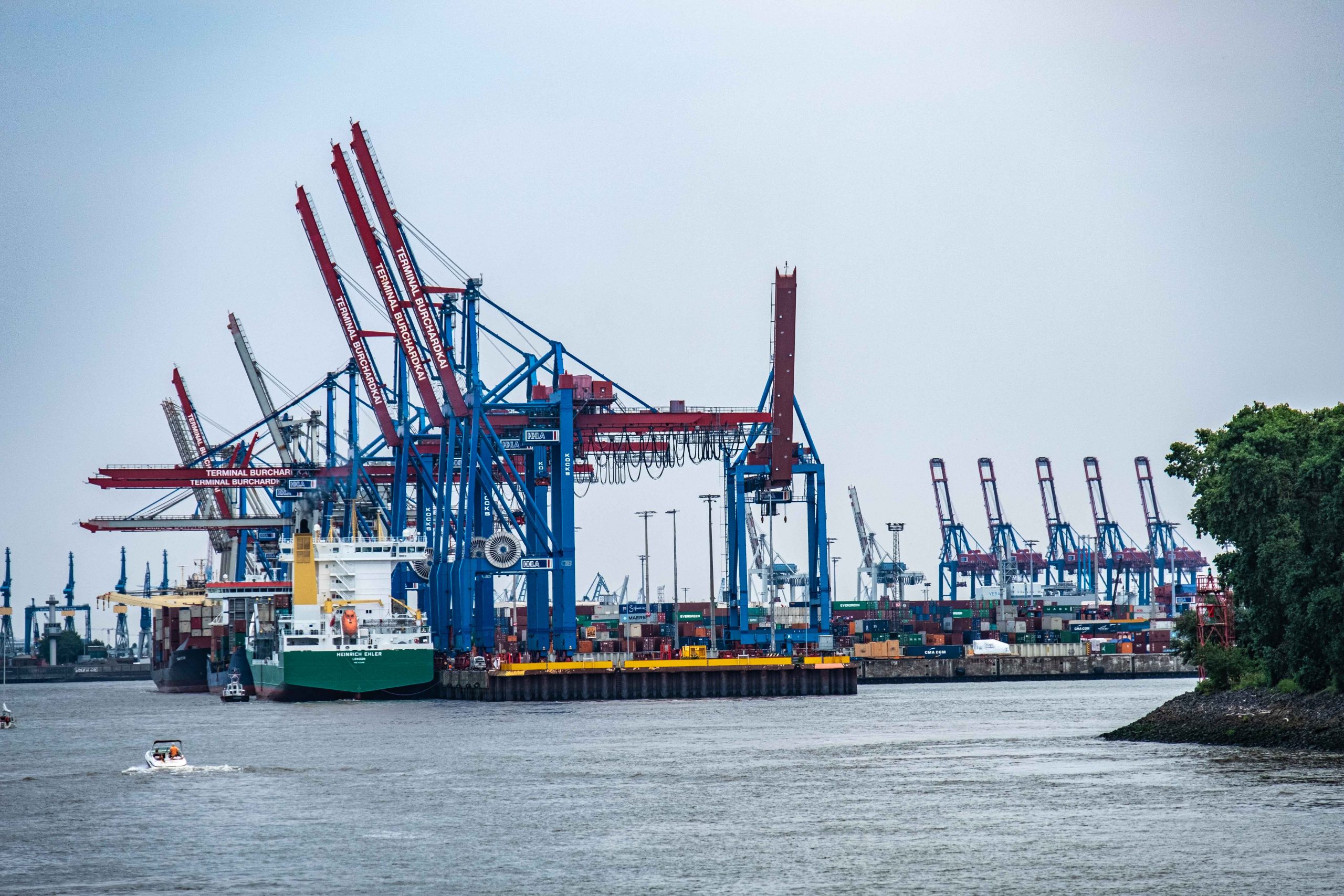︎

Rainer Thiele
Kiel Institute for the World Economy
Rainer Thiele is director of the Kiel Africa Initiative and the Poverty Reduction, Equity and Growth Network (PEGNet) at the Kiel Institute for the World Economy and adjunct professor at Kiel University. His current research focusses on the allocation and effectiveness of foreign aid an on issues related to rural development in Africa such as food security and the impact of large-scale land investments.
MORE ABOUT RAINER THIELE >Nora Aboushady, Tilman Altenburg, Inga Carry, Jann Lay, Melanie Müller, Mark Schrolle, Frauke Steglich, Lea Strack, Tevin Tafese, Rainer Thiele
The European supply chain law is coming after all – What can we make of the compromise?


Jann Lay, Tilman Altenburg, Melanie Müller, Tevin Tafese, Rainer Thiele, Frauke Steglich
Europäische Lieferkettenregulierung nicht aufhalten! Sie ist ein wichtiger Schritt für eine bessere Globalisierung

2023
“Sustainable global supply chains in times of geopolitical crises” Annual Report 2023
The overarching topic of this year's report is "The Role of Geopolitics in Global Supply Chains", highlighting ways in which recent geopolitical and geo-economic developments are shaping and influencing current debates and policy processes around global supply chains (GSCs). Following...

2023
Rainer Thiele, Aoife Hanley, Finn Ole Semrau, and Frauke Steglich
The cumulative effect of due diligence EU legislation on SMEs
This study addresses the expected impact of the EU’s Corporate Sustainable Due Diligence Directive (CS3D) on small and medium-sized enterprises (SMEs). It takes the German supply chain act (Lieferkettengesetz) as an example that may hold lessons for EU due diligence legislation. Against the backgr...

2022
Sustainable Global Supply Chains Report 2022
Global Supply Chains (GSCs) have become a key feature of globalisation. Production processes are increasingly broken down into specific tasks and organised across national borders. They are organised and governed by “lead firms” that set many of the standards according to which other firms in th...

2020
Hamidou Jawara and Rainer Thiele
The Nutrient-Income Elasticity in Ultra-Poor Households: Evidence from Kenya
The relationship between nutrient intake and wealth of poor households continues to be an issue of huge policy relevance. In this paper, we contribute to the ongoing debate on the nutrient-income elasticity using a sample of ultra-poor households with orphans and vulnerable children in Kenya. To est...

2020
Menusch Khadjavi, Kacana Sipangule, and Rainer Thiele
Social Capital and Large-Scale Agricultural Investments: An Experimental Investigation
Following the 2007–8 global food crisis, agricultural producers have invested in large tracts of land in developing countries. We investigate how the arrival of large-scale farms changes inter-personal trust and reciprocity, important components of social capital, in traditional villages. We elici...

2013
Manfred Wiebelt, Clemens Breisinger, Olivier Ecker, Perrihan Al-Riffai, Richard Robertson, and Rainer Thiele
Compounding food and income insecurity in Yemen: Challenges from climate change
This paper provides a model-based assessment of local and global climate change impacts for the case of Yemen, focusing on agricultural production, household incomes and food security. Global climate change is mainly transmitted through rising world food prices. Our simulation results suggest that c...

